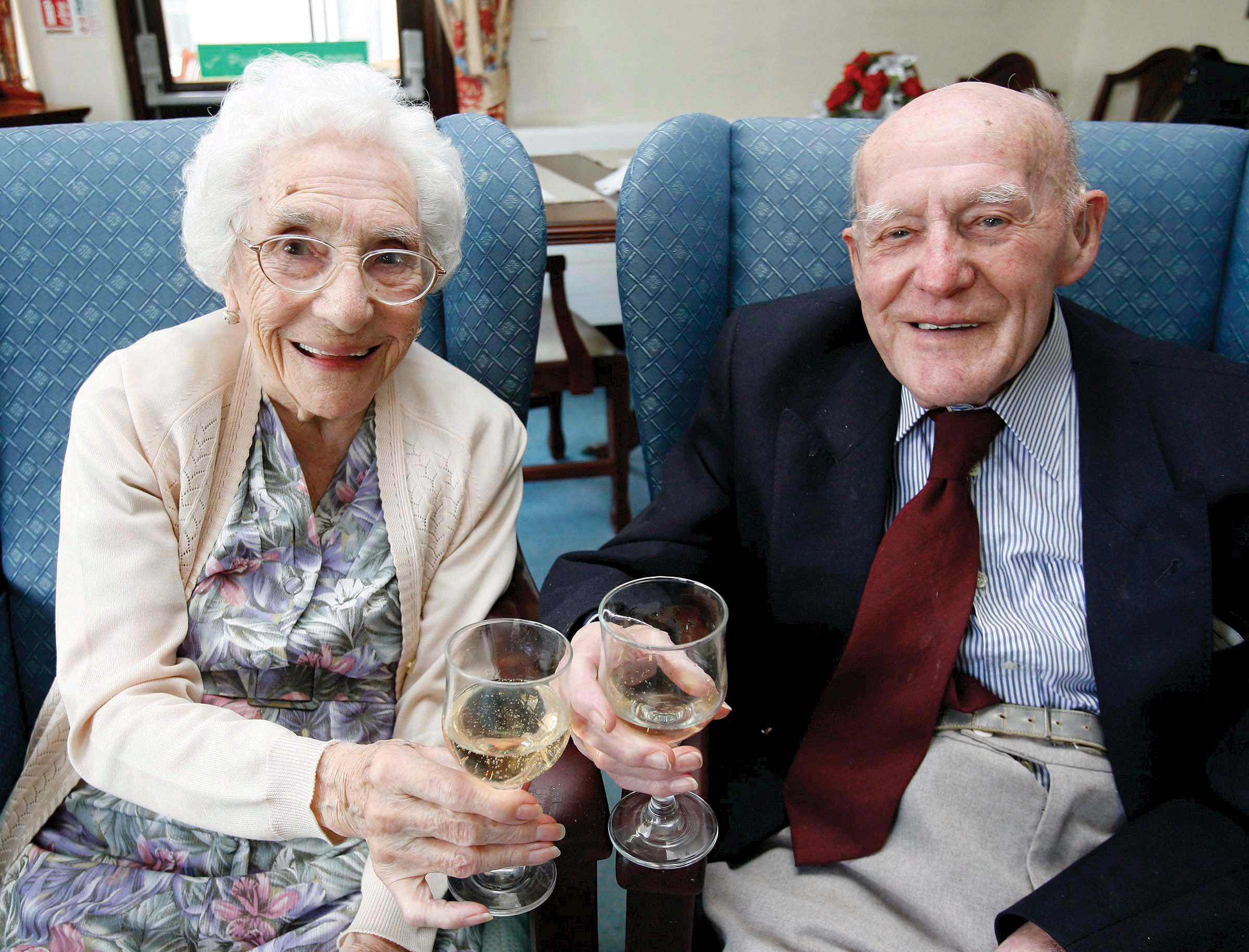Get Married, Get Healthy?

In a nation as divided and contentious as our own, it is rare to find a belief we all share. But trust in the transformative power of marriage is close to universal — and it has endured for decades. This isn’t just a matter of faith, we’ve been assured. It’s science. Research is said to have established what our fairy tales promised: Marry and you will live happily ever after. And you will be healthier, too.
A new study challenges the claim that people who marry get healthier. In “The Ambiguous Link Between Marriage and Health,” recently published online in the journal Social Forces, the sociologist Matthijs Kalmijn reported findings from the Swiss Household Panel, a 16-year survey of a nationally representative sample of more than 11,000 Swiss adults. Every year, participants were asked one set of questions about their overall health and another about their illnesses.
If marriage makes people healthier, then people who marry should report better overall health and less illness than when they were single. If the purported benefits of marriage are cumulative, then people should get even healthier over the course of their marriages.
That’s not what happened. People who married reported slightly worse health than they had when they were single. Over time, their health did not improve — it tended to deteriorate, even after taking into account changes in health as people age. On the measures of illness, marriage made no difference at all. People who married did not become any more or less ill than they were when they were single, and their level of illness did not change over the course of their marriage.
Studies of happiness, relationship satisfaction and life satisfaction in which the same people are followed for years have been piling up for over a decade. A review of 18 of them in the Journal of Personality and Social Psychology in 2012 concluded that well-being does not typically improve when people marry. At best, newlyweds enjoy a brief “honeymoon effect” in which they feel a bit more satisfied with their lives at first, but then their satisfaction declines, and they end up feeling as satisfied or dissatisfied as they were when they were single.
The participants in the Swiss study reported their life satisfaction every year, and Professor Kalmijn found that people who married did become a little more satisfied. Over time, their satisfaction eroded, though much more slowly than in most previous studies of marriage. Dr. Kalmijn also examined the implications of divorce and found that people who divorced became significantly less satisfied with their lives. In fact, the negative implications of divorce for life satisfaction were more than three times greater than the positive implications of marrying.
That’s important. It helps explain why so many of us have been so sure for so long that marriage makes people happier and healthier. In the typical study, only people who are currently married are included in the married group. Then, if the currently married people do better than people who are not married, single people are told that if they get married, they will do better, too. But many people who marry — probably more than 40 percent — divorce and end up less happy than when they were single. A better way to assess the likely implications of marriage is to compare everyone who ever married to people who never married. Very few studies ever do that.
Today nearly as many adults are not married as married. Those who do marry are taking longer than ever to get there, and on average Americans spend more years of their adult lives unmarried than married.
The new and accumulating research suggests something heartening: People who are single are doing much better than we realized. Marriage is unlikely to bring lasting improvements to their health or well-being, and could even result in decrements.
Free of the myth that marriage is a magical potion, we can all pursue the life paths that suit us best. Marriage is still there for those who want it. But now people who prefer to live single can come out of the shadows. The possibilities for meaning and fulfillment in a single life have gone largely unrecognized. It is time for that to change.








Recent Comments